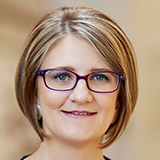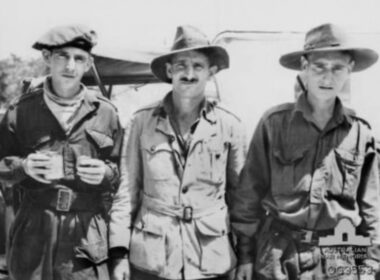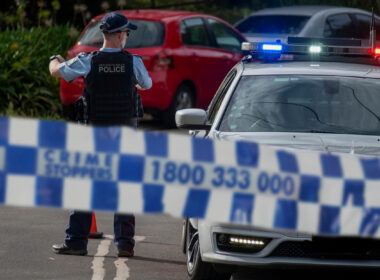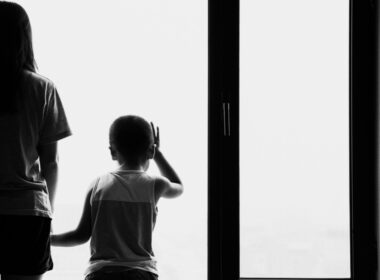“My perspective on drug crime, for example, is that it’s a health issue. Yes, there is a criminal element attached to that, but we need to shift our thinking away from the criminal side of things into how we help these people with their health problems, so they don’t keep ending up in the cycle. That is so many of our young people.”
The President of the Law Society of NSW is pushing for increased diversion of young people out of the criminal justice system, saying there are gaps in the legal and care and protection institutions that are “failing” vulnerable members of society at critical times in their lives.
During a roundtable discussion with heads of the Tracker Network, a wide-reaching youth support organisation that prevents at-risk young people from “falling through the cracks”, Cassandra Banks emphasised the role of legal practitioners in helping change the public narrative about disengaged and “troublesome” youth.
“One of my President’s priorities this year is diversion of vulnerable people out of the justice system, particularly children and young people. I am really interested in how the legal system interacts with and subsequently affects children. If we are letting them down in the legal and child protection systems, then we are failing,” Banks said.
“Within the child protection system, there are really good people on the ground. The position I’ve taken is, ‘what can we do with what we’ve got, and do better with it? How can we talk to people and change the way they think?’
 Cassandra Banks, President, Law Society of NSW
Cassandra Banks, President, Law Society of NSW
Born from the success and enduring impact of BackTrack (founded in Armidale in 2006), The Tracker Network provides coaching mentorship designed to “help as many young people having a hard time as possible”. It’s made up of eight individual youth organisations across NSW, including Dubbo, Lake Cargelligo, Broken Hill, the Hawkesbury River, Moree, Macksville, and Toowoomba in Queensland. It was Banks’ choice for her President’s Charity.
Its staff are deeply passionate about stopping young people falling into a vicious cycle of homelessness, substance abuse, juvenile crime, disengagement from school and unemployment. The network, in all its forms, helps them develop life and work skills.
The premise resonates with Banks, who has spent more than a decade representing families in the care and protection and family law systems.
At the meeting on Thursday 18 May, Banks took ideas and feedback from the Tracker Network about how the legal profession can drive improvements to outcomes for the next generation, noting the Law Society’s relationship with the heads of jurisdiction to influence change.
“If there is something that is not working, I can pass that feedback on. Tangible deidentified examples are really helpful about how something in the court system has impacted a young person,” Banks said.
“It’s not a perfect system, and magistrates and judges are human. But if we can reduce some of that impact, then we are doing something right.
“I’m a girl from Coffs Harbour. I represent clients who have absolutely nothing. I spent a lot of time in Coffs, Grafton and Kempsey, representing children and parents whose lives have imploded. I’ve had 12 years of that. In the last two years, I’ve started acting for children as well as parents. It’s just what I do.”



